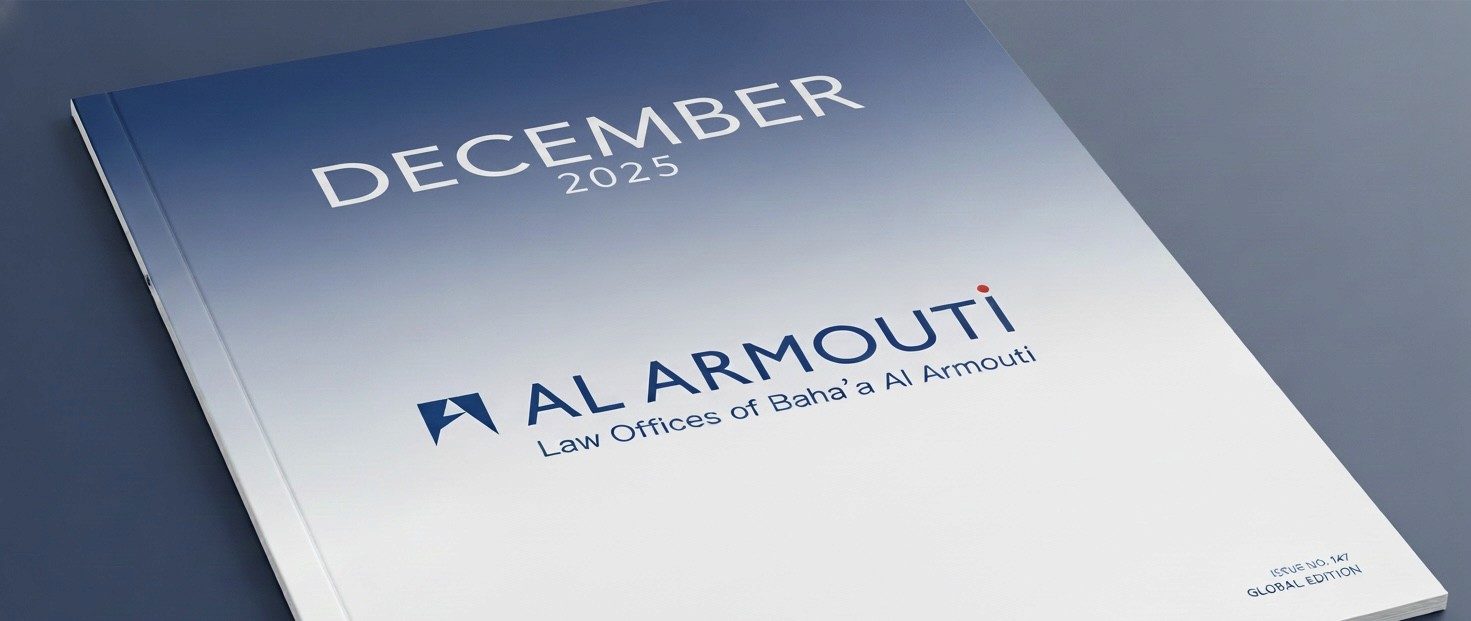Saudi Arabia’s Final Anti-Dumping Duties on Titanium Dioxide: What Importers and Downstream Users Must Do Now
An Al Armouti Trade Remedies Briefing
Nov 11, 2025

On 27 October 2025, the Saudi General Authority of Foriegn Trade (GAFT) published its final determination in the investigation concerning titanium dioxide imports. The measure imposes definitive anti-dumping duties for a period of five years, targeting imports from several exporting countries following findings of material injury to the Saudi industry.
Key Highlights of the Decision
Products Covered: Titanium dioxide under HS code 3206.11 (rutile grade).
Exemption: The anatase grade of titanium dioxide has been explicitly excluded from the scope after the authority recognized its different physical characteristics and end uses.
Duty Duration: Five years, subject to review or sunset review after the third year.
Affected Industries: Paints, coatings, plastics, and construction materials — all reliant on rutile-grade TiO₂ as a whitening and opacity agent.
The investigation marked one of the most comprehensive trade-remedy actions in the region, with extensive data verification and a strong focus on injury indicators such as production capacity utilization, profitability, and market share erosion.
Practical Steps for Importers and End-Users
Check Product Scope:
Confirm whether your imports fall under the rutile or anatase classification. Misclassification can lead to unnecessary duty payments.Update Supplier Declarations:
Obtain written confirmation from suppliers on the grade and technical specifications of TiO₂ shipments.Coordinate with Customs Brokers:
Ensure correct HS coding and duty rates are applied at clearance under ZATCA’s system.Documentation should include the technical datasheet proving the grade distinction.Review Existing Contracts:
Contracts referencing CIF delivery terms should be revisited to determine who bears the duty burden post-final determination.Consider Scope Clarification Requests:
Where product differentiation remains ambiguous (for example, blended grades), companies may file for an official scope ruling before GAFT.
What This Means for the Market
For local manufacturers, the decision reinforces the region’s intent to protect industrial competitiveness under the Saudi Trade Remedies Regulation. For importers, it signals a more active enforcement era, requiring closer attention to supply-chain documentation and pricing transparency.
The TiO₂ case also illustrates how technical product definitions — such as grade or crystalline structure — can decisively alter the outcome of a trade-remedy measure. It is a reminder that legal, commercial, and technical teams must coordinate early when an investigation begins.
Need tailored guidance?
Our trade-remedy team assists exporters, importers, and downstream users in reviewing scope coverage, preparing customs documentation, and planning appeal strategies under Saudi and GCC regulations.
📩 Contact: info@armouti.com | www.armouti.com
stay in the loop

